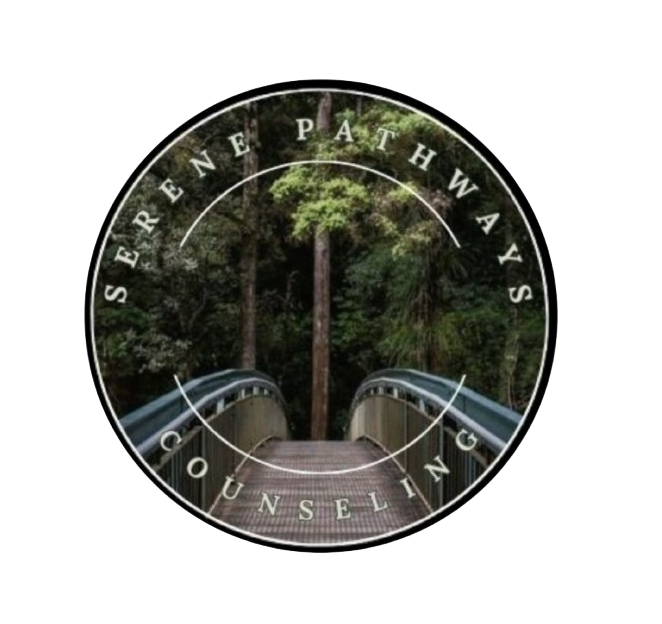INSIGHTFUL TUESDAY: Unlearning Self-Blame: How to Free Yourself from the Weight of Guilt
How many times have you caught yourself thinking, “It’s my fault” — even when it wasn’t? Self-blame can feel like carrying an invisible backpack filled with guilt, shame, and regret. It weighs us down and distorts how we see ourselves, others, and even the future.
This week’s Insightful Tuesday explores the art of unlearning self-blame — how to release guilt, reframe responsibility, and finally give yourself permission to heal. Because growth doesn’t come from punishing yourself for the past; it comes from understanding it with compassion.
The Psychology of Self-Blame
Self-blame is often a learned coping mechanism — something we develop early in life when we try to make sense of pain or chaos. Children, especially, tend to believe that if something bad happens, they must have done something to cause it. This belief can linger into adulthood.
According to psychologists, there are two types of self-blame:
Behavioral self-blame — blaming yourself for what you did (e.g., “I should’ve known better.”)
Characterological self-blame — blaming who you are (e.g., “I’m not good enough.”)
While behavioral self-blame can sometimes motivate change, characterological self-blame traps us in shame. It makes us believe our worth depends on perfection.
The Hidden Costs of Self-Blame
At first, blaming yourself might feel like control — as if taking the blame prevents further hurt. But over time, self-blame erodes mental health and self-worth. It can lead to:
Anxiety — constant worry about making mistakes.
Depression — hopelessness and low self-esteem.
Avoidance — fear of trying again due to guilt or shame.
Relationship strain — over-apologizing, people-pleasing, or shutting down emotionally.
Self-blame isn’t humility; it’s self-punishment. Healing starts when you learn to hold yourself accountable without cruelty.
The Path to Unlearning Self-Blame
1. Recognize the Pattern
Awareness is your first step. Start noticing how often you default to “it’s my fault.” Does it happen after disagreements? When things go wrong? Awareness breaks autopilot thinking.
2. Distinguish Guilt from Responsibility
Guilt says, “I’m bad.”
Responsibility says, “I made a mistake, but I can make it right.”
When you reframe guilt into responsibility, you open space for growth instead of self-condemnation.
3. Challenge Your Inner Critic
Ask yourself:
Is there real evidence that I caused this?
Would I say this to a friend in the same situation?
What would self-compassion sound like right now?
Your mind can’t heal from a voice that constantly attacks it. Replace judgment with understanding.
4. Forgive Yourself for Not Knowing Then What You Know Now
Growth often comes with hindsight. The mistakes that haunt you were lessons in disguise — opportunities to learn about your needs, limits, and humanity.
5. Reclaim Your Narrative
Your past doesn’t define you; how you understand it does. Writing or therapy can help you rewrite your story — one where you are the survivor, not the scapegoat.
A Real-Life Reflection
“Maria,” a client at Serene Pathways Counseling, spent years blaming herself for a failed relationship. Through therapy, she learned to see that her self-blame came from childhood patterns — where peace only existed if she took responsibility for others’ emotions. Once she recognized this, she stopped carrying guilt that wasn’t hers to bear.
Today, Maria practices self-compassion daily. Her progress reminds us: healing doesn’t erase the past, but it frees us from being ruled by it.
When to Seek Support
If self-blame has become a constant soundtrack in your mind, professional guidance can help you unlearn those patterns. Therapy provides a safe space to explore guilt, shame, and unresolved trauma. You don’t have to carry it all alone.
Final Thoughts
Unlearning self-blame is one of the most powerful forms of self-love. It’s not about denying responsibility—it’s about releasing the parts that were never truly yours.
The next time you catch yourself saying, “It’s my fault,” pause and ask:
✨ “Or am I just trying to make sense of my pain?”
Let this be the week you give yourself permission to forgive the past, embrace compassion, and move forward lighter than before.
🆓 Get started with our FREE Mental Wellness Workbook + Therapy-Themed Affirmation Cards plus FIND THE RIGHT THERAPIST FOR YOU:
👉 https://www.serenepathways.com/free-offerings
📍 11800 Central Ave, Suite 225, Chino, CA
📞 909-591-5085 | 📧 Stuartkaplowitz@serenepathways.com
🌐 www.serenepathways.com
#InsightfulTuesday #UnlearnSelfBlame #HealingJourney #TherapySupport #MentalHealthAwareness #SelfCompassion #SerenePathways #EmotionalHealing
